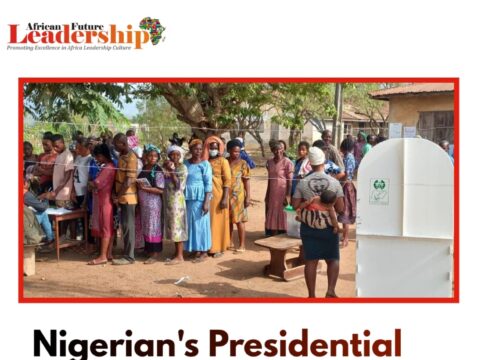The Minister of Finance, Budget and National Planning has released new Electronic Money Transfer Levy (EMTL) regulations focusing on household accounts.
In accordance with the regulations, the EMTL fee will apply to the transfer of funds to accounts held in foreign currencies of NGN 50.
Banks and financial institutions are finalizing this new tax on behalf of the government, and it is about to start soon, according to the press release. After the announcement, the banks told their customers and clients that the fee will be applied to the accounts in the house and the instructions of the Minister of Finance, Budget and National Planning.
READ MORE: Cubana Cheifpriest Canvases For Sanwo-Olu Says: One Good Turn Deserve Another
A dollar or pound account holder will be required to pay the equivalent of NGN 50 as Electronic Money Transfer Levy (EMTL) at the exchange rate to be determined by the Central Bank of Nigeria (CBN).
The new law follows the EMTL law signed in 2022, which imposed a fee of NGN 50 on all deposits above NGN 10,000. The move to electronic transfer represents an extension of the Stamp Duty Act, which came into force with the Finance Act 2019.
At the same time, many customers choose the services offered by fintech companies over banks, mainly for the low transaction costs, as well as the speed and security of the service, despite the security concerns raised in the privacy
of depositors’ funds while using a digital wallet in the custody of digital-first banks. However, some fintech operators have recently seen an increase in the number of customers, due to the increase in the number of people doing electronic transactions.
Results of the new regulation
Across many cities, multiple banks and financial institutions joined the process of issuing the NGN 500 and NGN 1000 notes in their vault, while the overall management procedure has reportedly become a challenge.
Throughout the adoption of the new law, financial institutions and banks faced a spike in the incorporation rate, as customers and individuals are confused about whether they should use the new notes or the old ones.
While some institutions accepted the new regulation and started adapting the new notes into their administrative process, some traders and companies insist on hearing an opinion from the president before they start implementing the notes, which the Supreme Court mentioned will remain valid until the year comes to an end.
Moreover, the CNB has reportedly been constrained by the volume of cash that was said to be destroyed after the regulation went live. The institution received an order from the Supreme Court to restore the old naira notes that were burnt.
As a result, in regions such as Abuja, transport fares and taxes have increased, alongside the prices of groceries, as sellers and drivers charge customers more.




